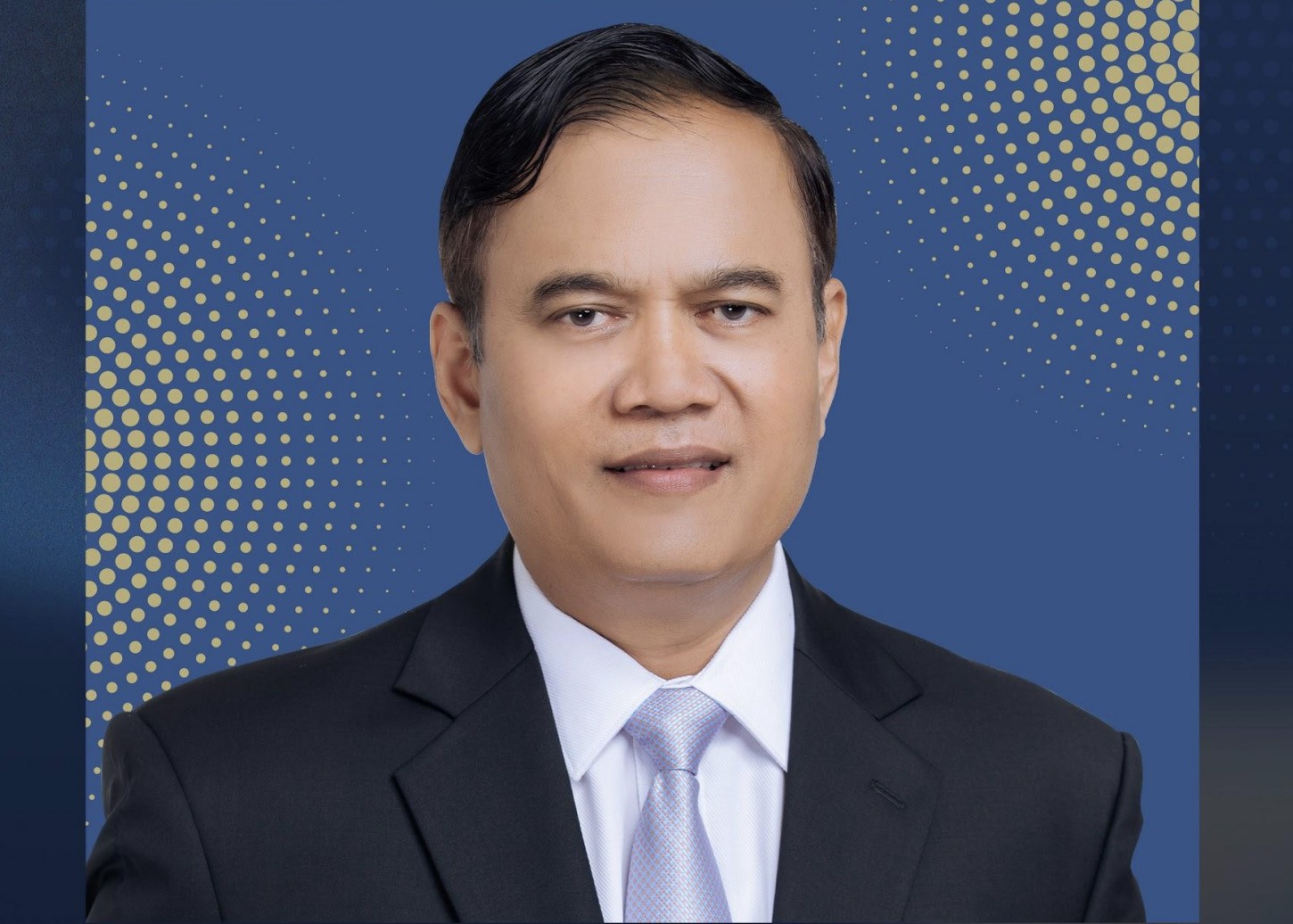Sotheara Chhim was only seven-years-old when the Khmer Rouge took power in Cambodia in 1975 and herded people from the cities to rural camps for slave labor and “reeducation.”
Children, like Chhim, were separated from their parents. It took more than three years for the boy to be reunited with his family during the liberation of Phnom Penh in 1979.
Years later, Chhim studied medicine at Phnom Penh’s University of Health Sciences and was among the first Cambodian psychiatrists to graduate after years of war.
The challenge that faced Chhim was forbidding amid the psychological devastation wrought by a genocidal rule that claimed 1.7 million lives, noted the Ramon Magsaysay Award Foundation.
Chhim is among this year’s winners of the Ramon Magsaysay Award, dubbed as “Asia’s Nobel Prize.”
The award-giving body recognized Chhim for “his calm courage in surmounting deep trauma to become his people’s healer.” The Award noted his “transformative work amidst great need and seemingly insurmountable difficulties.”
Chhim is recognized “for showing that daily devotion to the best of one’s profession can itself be a form of greatness.”
Data show that about 40 percent of Cambodians suffer from mental health problems.
“Yet, even today, the resources needed to address the problem are direly lacking,” the Ramon Magsaysay Foundation noted, adding that only two percent of health centers and 59 percent of referral hospitals offer mental health services to outpatients.
There are only two psychiatric inpatient units with a total of 14 beds to serve a country of about 15 million.
In 2002, Chhim became executive director of Cambodia’s Transcultural Psychosocial Organization, which started as a branch of the Netherlands-based TPO International.
TPO Cambodia is the largest non-government organization in the field of mental health care and psychosocial support in the country. It has more than 40 medical professionals and staff and has satellite offices in four provinces.
The organization is community-based and takes mental health in the context of community and society. It also ensures to “empower people to survive and thrive, and is “integrative.”
TPO, with Chhim as its expert witness, worked on the “Truth, Trauma, and the Victims of Torture” project at the time the Khmer Rouge Tribunal was investigating the Cambodian genocide.
The organization conducted treatment and training in post-traumatic stress disorder in tandem with Documentary Center Cambodia, the organization devoted to documenting the genocide.
As a method of trauma assessment and treatment, TPO practiced “testimonial therapy,” a localized version of an internationally recognized treatment method developed for PTSD cases resulting from mass, organized violence.
With the help of therapists, survivors put into writing their traumatic experiences. A formal testimony is produced, which is then presented by the survivor in a public ceremony presided over by a monk. It is a ritual with healing, spiritual effects.
Chhim later developed the Cambodian concept of baksbat (broken courage), a post-traumatic state of fear, passivity, and avoidance. Deemed more nuanced and appropriate to the Cambodian experience than “post-traumatic stress disorder,” it is now used by TPO for trauma assessment and treatment.
TPO-Cambodia’s activities include gender-based violence counseling for victims of rape, forced marriages, and other forms of violence against women; a hotline service that provided counselling and referrals during the COVID-19 pandemic; and Operation Unchain, which provided treatment to mentally-ill patients locked up or chained at home, and educated families on how to better care for these patients.
The TPO Clinic in Phnom Penh has served thousands of patients. It is not, however, the center of Chhim’s work. “When I work in the clinic, I see only individuals, one to one with a patient. When I’m in the community, I see the people, the whole family, and the community,” he said.
Chhim got his doctorate in Transcultural Psychiatry from Monash University in Melbourne, Australia, in 2014, and his Master of Psychological Medicine from the University of New South Wales in Sydney in 2000.
In 1998, he had his Specialist Diploma in Psychiatry from the University of Health Science in Cambodia and Oslo University in Norway.
He got his Doctor of Medicine in 1992 from the University of Health Sciences in Phnom Penh.







